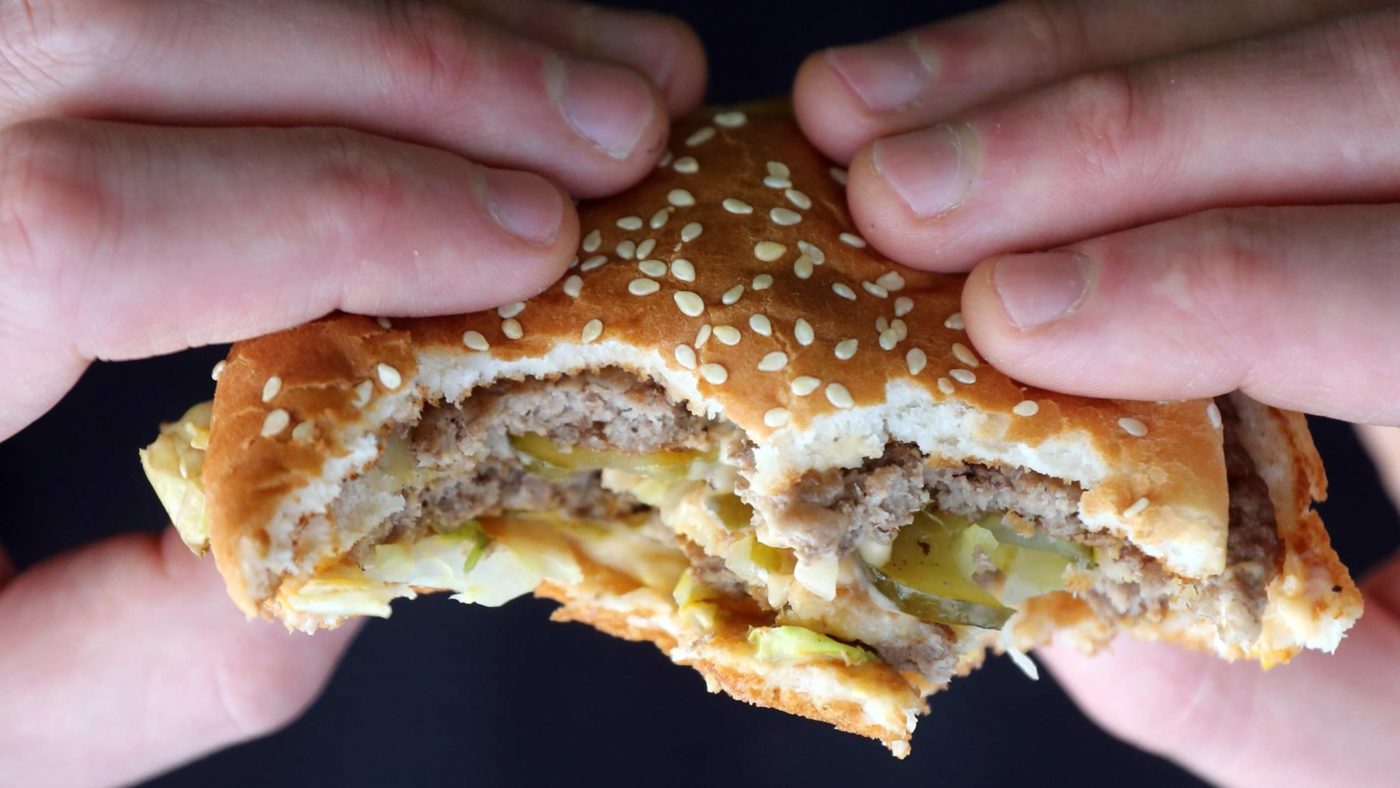It wouldn’t be Christmas time without a warning from the public health bods about our dangerous food and drink intake.
This time it’s the Chief Medical Officer, Dame Sally Davies, saying the food industry has “failed the public” by selling us junk. To settle things, she suggests a tax on foods that are high in salt and sugar in order to subsidise fruit and vegetables. This is accompanied by the usual harangue against producers, who she says are only interested “in their bottom line”. No sugar, Sherlock.
“Those sectors that damage health must pay for their harm or subsidise healthier choices,” is the blunt message from Dame Sally’s 2018 annual report.
Leaving aside the “Nanny State” aspects of such a policy, I’m not convinced it would be either effective or at all easy to implement. Dame Sally describes it as a “dream”, which may be right in terms of plausibility, if not desirability.
What’s wrong with the idea? For a start, category-specific taxes have a tendency to throw up anomalies – the case of whether Jaffa Cakes were biscuits or cakes is an obvious example of how ludicrous some of this stuff can get. Or look at the recently implemented sugar tax, which seems to have succeeded in getting companies to reduce the amount of sugar in their drinks, but excludes various other kinds of drinks – milkshakes and some fruit juices, for instance – which can be every bit as unhealthy as a can of coke. (As it happens Dame Sally’s report does demand a bit more consistency on this, with an extension of the sugar tax to cover milk-based drinks).
Dame Sally’s idea throws up all sorts of such possible exceptions and anomalies, both in what the government might choose to tax and what might be subsidised. Would all vegetables become cheaper, or just certain ones? Is a potato healthy or not? The answer, clearly, is that it depends how you prepare it.
As with any consumption tax, there are also the pernicious knock-on effects of penalising people who may already be short on cash for buying themselves a bit of a treat.
There’s an old Soviet joke that sums up the dilemma neatly. A little girl discover the Politburo has decided to put up taxes on vodka. “Does this mean you’ll drink less, Papa?” she asks her delinquent father. “No,” he replies, “it means you’ll eat less.”
None of this is to ignore Dame Sally’s clarion call for better health, with all its positive ramifications not just for individual quality of life but also for productivity, tax revenues and so on. There is a case too for making companies state clearly what is in their food, including its calorific content. That at least has the merit of treating consumers like adults who are entitled to make bad decisions if they see fit.
Though here too things get tricky if a blanket rule includes smaller businesses without the resources to comply with extra regulations.
One striking element of today’s report is the absence of anything to do with actually preparing food. The word “tax” features over 30 times in the report, the word “cook” only once. Indeed, despite our national obsession with Bake Off and celebrity chefs, the importance of being able to prepare decent food at home seems often to be missing from debates on diet and health.
A survey earlier this year found that a quarter of Brits only know how to cook three recipes or fewer, though it appears to have included beans on toast as a ‘recipe’, which seems generous.
If the government is to use fiscal levers to try to improve health, why not begin by reintroducing what used to be called ‘home economics’ into the national curriculum. Obviously this would not be a silver bullet, but it’s not unreasonable to wager that more people being able to cook will mean fewer people reaching for frozen food or ready meals.
It’s also a good way of disabusing young people of the notion that cooking is inherently difficult, time-consuming or expensive.
Dame Sally’s report is geared towards making Britain healtheir by 2040, so there’s plenty of time for this kind of educational reform to take root, if the will is there.
One need only look at Jack Monroe, aka the Bootstrap Cook. When not doing the nation a service by pushing Katie Hopkins into bankruptcy, she’s come up with a plethora of extremely cheap, easy and healthy recipes that anyone with a hob and a knife should be able to turn their hand to.
While he may be extremely irritating to many people, Jamie Oliver also deserves credit for doing his best to demystify cooking through his various books and TV programmes. His call for state schools to provide healthier food also seems sensible enough. After all, if taxpayers’ money is going on feeding young people, they may as well be fed as healthily as possible.
The likes of Monroe and Oliver have amply demonstrated that simple, cheap and healthy food is not rocket science. Perhaps as a New Year’s resolution, public health advocates could retreat from reflexive calls for tax rises and encourage healthy habits in more constructive ways.


